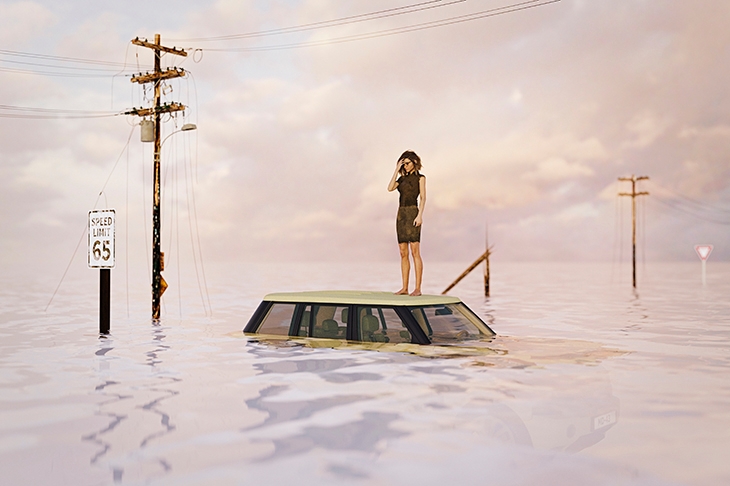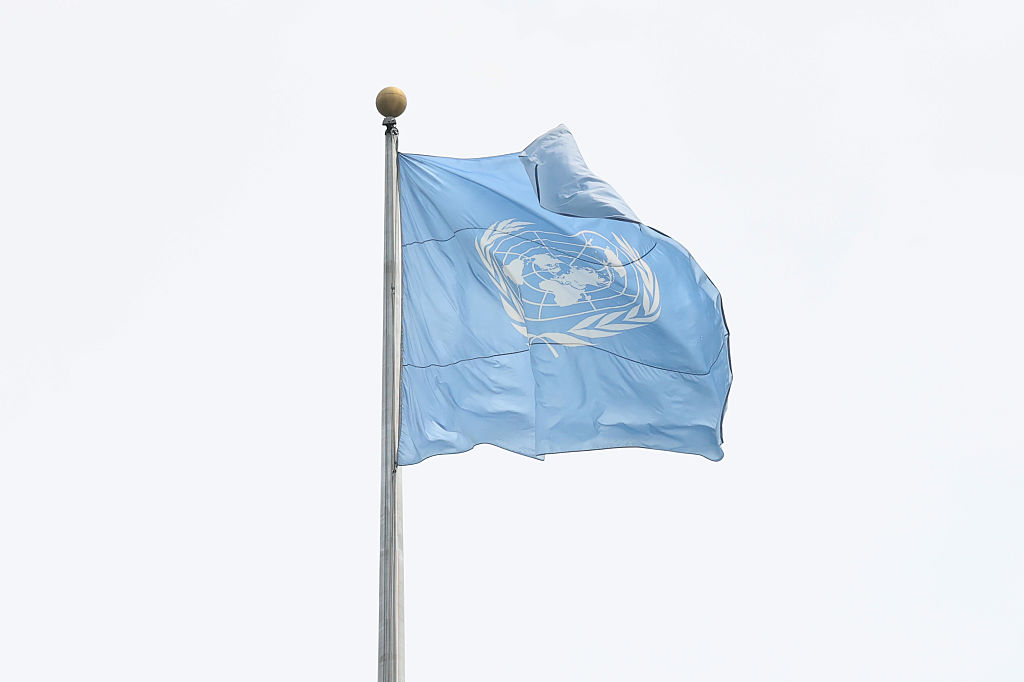Lizzie, the narrator of Jenny Offill’s impressive third novel Weather, is ‘enmeshed’ with her brother, according to her psychologist-cum-meditation teacher. The word ‘mesh’ returns a few pages later, in a podcast, referring to the interconnectedness of different species: ‘a better term than “web”, they think’. With its paradoxical meaning of both containing spaces and joining things together, ‘mesh’ could be used to describe the unusual form of this novel, which is written in short paragraphs, separated widely on the page, yielding a patchwork of Lizzie’s fragmentary thoughts and observations about life in contemporary New York, and the people caught up in it. If Lizzie is enmeshed with her brother, a former addict who will struggle with a new marriage and baby, there’s also a host of other characters caught in the mesh of her life. There are obvious main players, such as Lizzie’s son and husband, but affectionate weight is given to the novel’s many bit-parts as well, such as the assortment of eccentrics she encounters as a university librarian — ‘the elderly gentleman who keeps asking me to give him the password for his own email’, and ‘the blonde girl whose nails are bitten to the quick, who stops by after lunch and leaves with a purse full of toilet paper’ — or Mr Jimmy, whose car service Lizzie continues to use only because she’s worried that she might be the only customer he has left.
When Lizzie starts working for her former tutor, a successful podcaster, Offill extends Lizzie’s mesh to take on an environmental resonance. The podcast ‘Hell and High Water’ is about the oncoming climate catastrophe, and Lizzie has to respond to questions from the audience. She notes their self-centered concerns: they want to know ‘what’s going to happen to the American weather’ but are ‘really sick of being lectured to about the glaciers’. Unlike Lizzie’s brother, who’s haunted by a photograph of a climate refugee carrying his child 34 miles to a camp (‘I don’t think I could do that. I don’t think I’m strong enough’), the podcast audience lacks the imaginative empathy to see that we are all in this mesh — or mess — together.
So Lizzie’s neuroses about her immediate mesh of people develop into full-blown climate anxiety. ‘I keep wondering how we might channel all of this dread into action,’ she thinks, as her worries spiral. She looks at prepping websites, where she learns, for instance, how to make a lamp out of a can of tuna fish; she attends church in search of a community; and considers buying land somewhere colder for the next generation. When a podcast listener asks the question ‘What are the best ways to prepare my children for the coming chaos?’, Lizzie’s typically sardonic response is: ‘You can teach them to sew, to farm, to build. Techniques for calming a fearful mind might be the most useful though.’ If only she could take her own advice.
This article was originally published in The Spectator’s UK magazine. Subscribe to the US edition here.

























